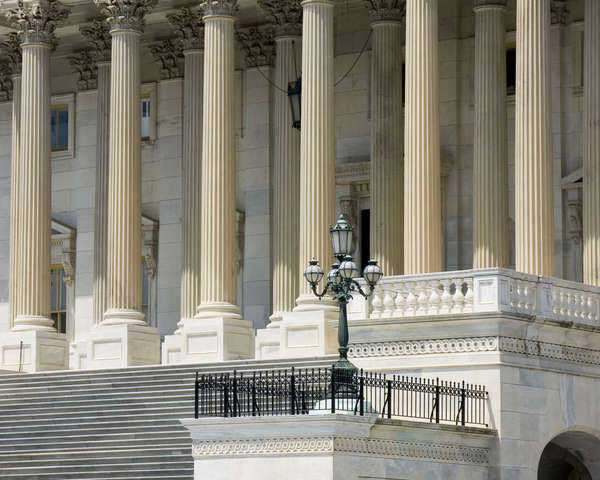Trespass to Chattels
United States tort law Real Estate Interference
Trespass to chattels is defined directly in US Tort law as "intentionally… dispossessing another of the chattel, or using or intermeddling with a chattel in the possession of another.” A person is liable to the owner of the chattel if he or she "dispossesses the other of the chattel, or (b) the chattel is impaired as to its condition, quality, or value, or (c) the possessor is deprived of the use of the chattel for a substantial time, or (d) bodily harm is caused to the possessor, or harm is caused to some person or thing in which the possessor has a legally protected interest." These terms are set forth by the Restatement of Torts: Second edition by the American Law Association.

In modern times, the tort of Trespass to Chattels is often levied against Internet advertisers and email spammers for spyware and malware usage. In these litigation's, the Trojan's and worms embedded into mass email clients have been found to cause harm to or inhibit use of one's legal property (i.e. personal computer). Loss of stored information from computer malfunction is also considered a liability, as immaterial assets of intellectual property are considered private property under law, so long as there is record of their existence.
Trespass of chattels also extends into cyberspace litigation beyond instances of malware and email floods. The practice of screen-scraping has been ruled as Trespass to chattels in the case of eBay v. Bidder's Edge. Screen-scraping is the practice of data harvesting from another entities legally owned website for one's own commercial use.
It is illegal to display information from a website on another website without following the disclosure or reproduction agreement stipulated on the original website. As many websites serve their owner's commercial interests, interference with a websites content, including unauthorized reproduction, is seen as a commercial liability, and thus may be charged as Trespass to chattels.
Recent litigation in cyberspace has attempted to make greater use of the once-antiquated trespass to chattels tort, in attempts by hotel or airline sites to sue discount travel sites such as Priceline and Travelocity for data harvesting. Bundled travel sites such as Priceline and Travelocity harvest and reproduce the largest amount of data from individual hotel registries and airline/mass transit websites.
Hotels have claimed damages on grounds that they lose money on processing fees when all transactions are done through larger bundled travel sites. Such litigation, albeit very active, has yet to result in judgment for the plaintiffs.